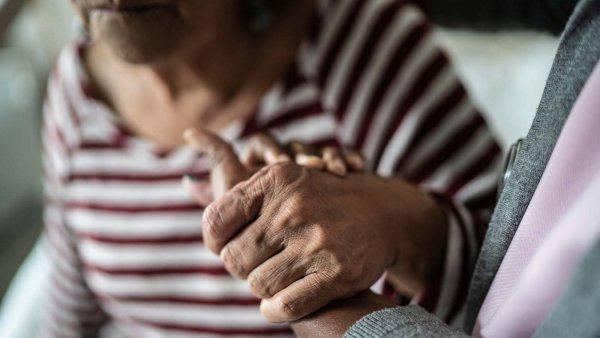University of California San Francisco
Give to UCSF-
-
Strategies To Implement New Year’s Resolutions on Improving Mental Health
-
Will ‘Dry January’ Trigger Alcohol Withdrawal Symptoms?
-
A Dozen Californians Overdose on This Holiday Spice Every Year
-
What is Anxiety?
-
Is Too Much Screen Time Bad for Kids? It’s Complicated
In a Q&A, UCSF’s Jason Nagata answers questions about the links between screen time and illnesses like OCD for children and teens.

-
Research Finds More Negative Effects of Screen Time on Kids, Including Higher Risk of OCD
-
Screen Time Linked to OCD in U.S. Preteens
For preteens, the odds of developing OCD over a two-year period increases for every hour they play video games or watch videos.

-
He Was Days From Death. His Quest to Kick Fentanyl Is a Harrowing Lesson for S.F.
-
UCSF Professor Offers Steps to Cure Insomnia Without Medication
-
Archive Shows How Fentanyl Promotion Helped Drive Opioid Epidemic
New records in the Opioid Industry Documents show that Insys Therapeutics improperly sold vast amounts of its addictive product for off-label uses.
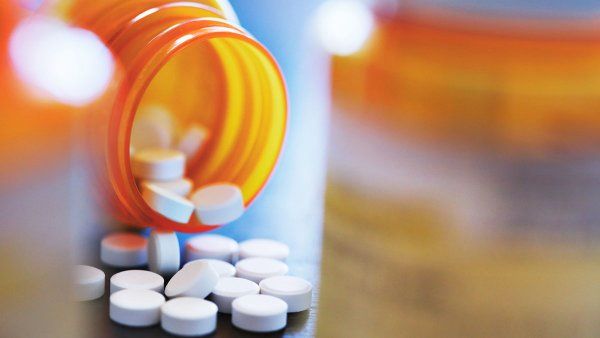
-
Drug Deaths Among Pregnant Women Hit a Record High
-
More than 30 Researchers Among Most Influential
38 UCSF researchers rank in the top 1 percent for impact in their fields, according to a new analysis of research citations by science and intellectual property company Clarivate.
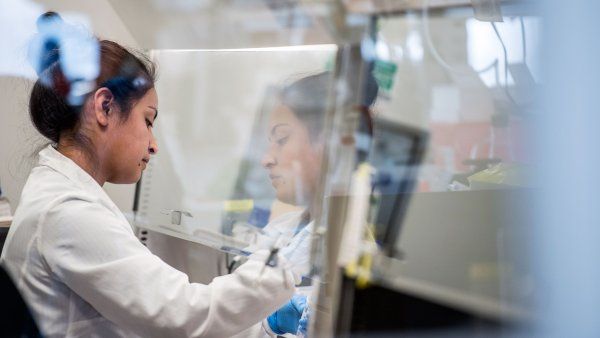
-
Prenatal Wellness Classes Cut Moms’ Depression in Half Up to 8 Years Later
A low-cost, prenatal intervention benefits mothers’ mental health up to eight years later, a new UCSF study finds.

-
Fewer Patients with PTSD Survive COVID
Risk of death or hospitalization from COVID-19 were found to be greater for patients with PTSD.

-
Marijuana and E-cigs Can Harm the Heart Like Traditional Cigarettes
E-cigarettes and marijuana have similar harmful effects on the heart as tobacco cigarettes, opening the door to abnormal heart rhythms, reports a team of researchers at UCSF.
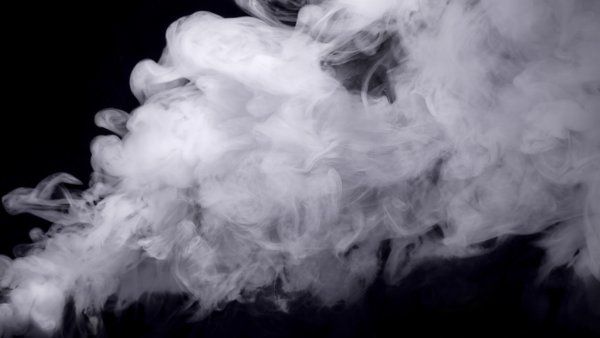
-
Can’t Sleep? Try Sticking Your Head in the Freezer.
-
$147M Grant Will Address Imbalances in Alzheimer’s Study
A $147 million grant will expand diversity among Alzheimer’s disease research participants, and involve partners from UCSF, the San Francisco VA Medical Center, and the Northern California Institute for Research and Education.

-
UCSF Welcomes Ashley Biden
Ashley Biden, MSW, social worker and justice reform advocate, was welcomed to UCSF in October by colleagues and representatives from organizations supporting victims of violent crime.
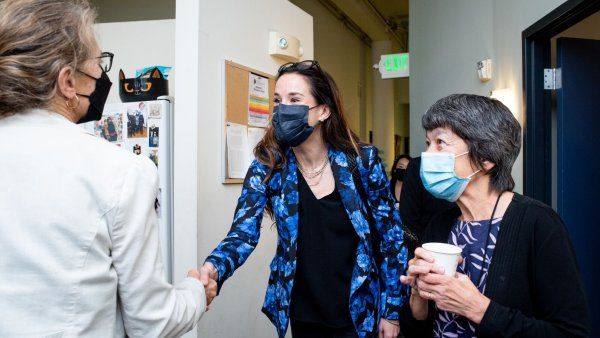
-
Justice Advocate Ashley Biden Touts Role of Trauma Support Pioneered in SF
-
Marijuana, Meth, Cocaine and Opiate Use are Linked to Atrial Fibrillation
A new UCSF study researchers of more than 23 million people concludes that some commonly used and abused drugs pose previously unidentified risks for the development of atrial fibrillation (AF), a potentially deadly heart-rhythm disorder.
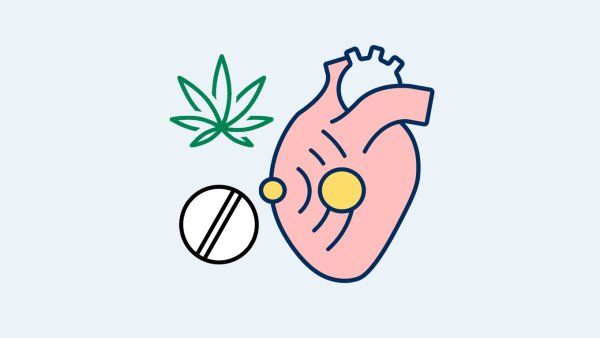
-
Marijuana Use Linked to Atrial Fibrillation in New UCSF Study
-
New Industry Documents Highlight Role of Pharmacies in Driving Opioid Epidemic
Johns Hopkins University and UCSF, have added new documents to the Opioid Industry Documents Archive that detail the role of retail pharmacies in the opioid overdose epidemic.
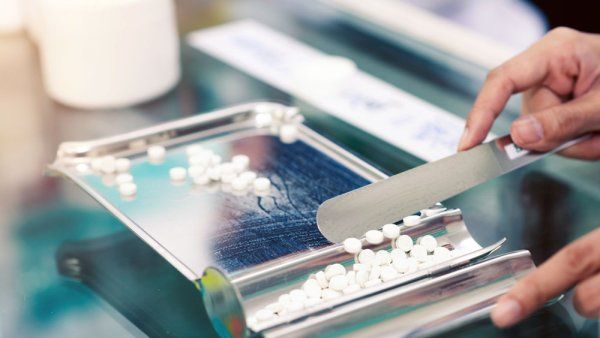
-
What Does Bipolar Disorder Feel Like?
-
Minority Patients Less Likely to Get Newer Alzheimer’s Meds
-
Fewer Asian, Black, Hispanic Patients Eligible for Drugs That May Delay Alzheimer’s Progression
A new study shows that fewer Black, Hispanic and Asian patients would qualify for these treatments that may slow Alzheimer’s progression, since cognitive impairment in these groups is more likely to be caused by other forms of dementia that may be unrelated to amyloid plaques.

-
A Drug Based on LSD Appears to Treat Depression in Mice Without the Psychedelic Trip
-
LSD-Like Molecules Counter Depression Without the Trip
Scientists have designed compounds that hit the same key receptor that LSD activates without causing hallucinations. A single dose produced powerful antidepressant and antianxiety effects in mice that lasted up to two weeks.

-
Longevity Calculator Could Aid Planning After Dementia Diagnosis
-
Life Expectancy Tool May Improve Quality of Life for Patients With Dementia
A mortality prediction model for older adults with dementia may help physicians determine which treatments to provide while facilitating decision-making for patients and their families.
